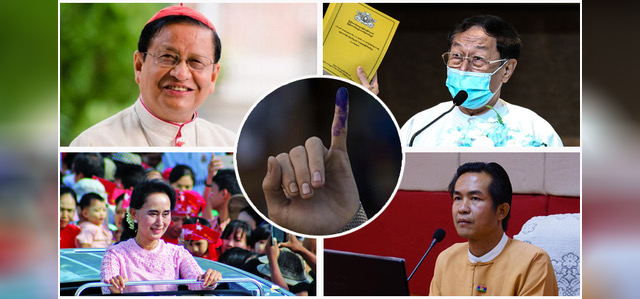YANGON — Election 2020: The Week in Review offers a summary of the most important developments related to the 2020 election during the past week — the stories readers should not miss if they want to understand the electoral landscape. Between Aug. 29 to Sep. 4, the election commission announced the approved candidates and explained COVID-19 preparations while the National League for Democracy (NLD) vowed to reform the military’s role in politics in its election manifesto.
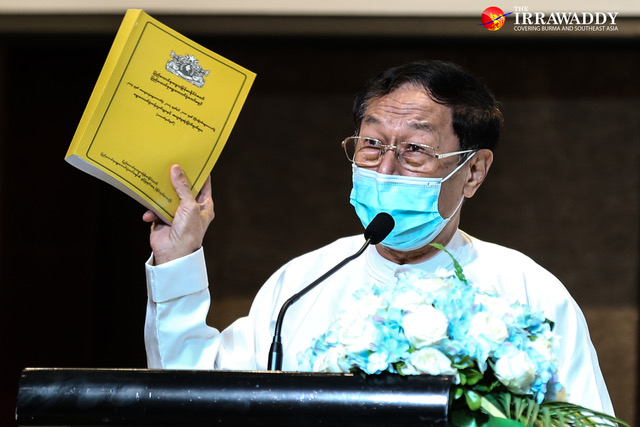
6,969 candidates approved to compete
Sunday (Aug. 30)
The Union Election Commission announced that 6,969 candidates have been approved to run in the November general election while rejecting dozens of applicants due to issues with citizenship, the fabrication of data and other concerns.
One candidate was rejected for allegedly having connections with the Arakan Army (AA), which the government has declared a terrorist organization, although the rejected candidate denied the claims.
Candidates will vie for 1,171 parliamentary seats in the Union Parliament and state and regional legislatures on Nov. 8. Shan State will have the highest number of candidates with 1,018. Yangon Region will select from 950 and Sagaing Region from 685.
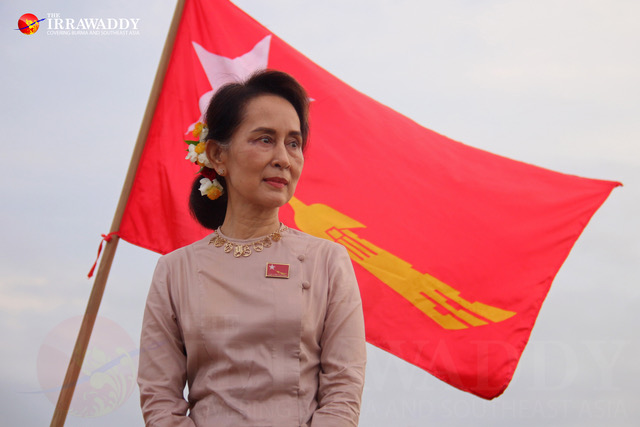
NLD promises to reform military power
Tuesday (Sep. 1)
Under the subject of “Defense and Security” in the 34-page of election manifesto, Daw Aung San Suu Kyi’s NLD said it will work to make sure the military’s first duty is the protection of citizens and that it upholds the policies of the democratically elected government.
It also states that it would make the armed forces, or Tatmadaw, a trusted institution on which the people could rely while promising to develop the military in line with modern standards of combat ability and ensure it is equipped with advanced technology.
The NLD’s manifesto features three main election pledges: to address ethnic affairs and achieve peace; to create a constitution that ensures a genuine democratic federal union; and sustainable development. It also outlines the party’s commitments on different subjects including the executive, judiciary, legislature, defense and security, education, health and sport.
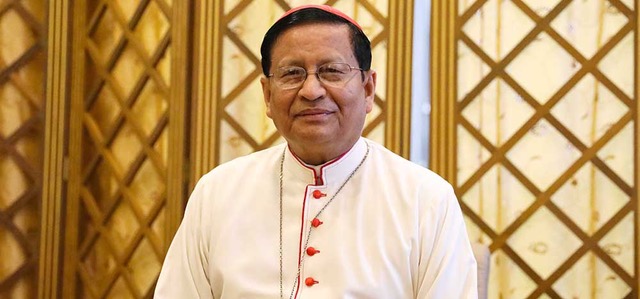
Archbishop asks voters to reject “looters” and “unethical cronies”
Tuesday (Sep. 1)
The Archbishop of Yangon, Cardinal Charles Maung Bo, advised voters to avoid looters and crony politicians who had ravaged Myanmar’s resources and made the people poor, in his appeal ahead of the poll.
The Christian leader said there are many unpatriotic candidates in the election. “Identify them. They are not to be part of any democracy,” he told voters.
He urged citizens to look for leaders with integrity, not only intelligence, and vote for a true political and economic federalism. He also stressed the importance of active participation in democracy, calling on people to exercise their voting rights. Myanmar’s Constitution bars members of religious orders from voting.
See the full appeal here.
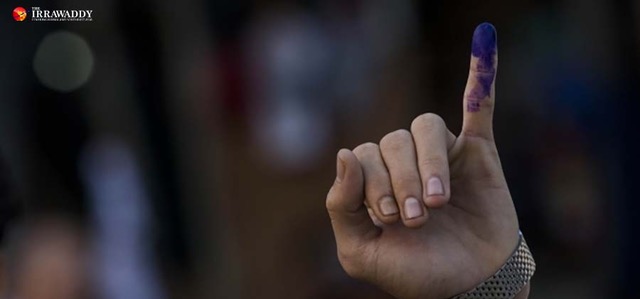
UEC to decide any COVID-19 election delay next month
Wednesday (Sep. 2)
The UEC said at a press conference in Naypyitaw that any COVID-19 delay to the Nov. 8 general election will be announced in October.
Despite preparations, it is likely that some constituencies may also not be able to allow voting due to ongoing conflicts, particularly in Rakhine and Shan states.
The UEC said it will also name the constituencies where voting will not take place due to security reasons in October. In the 2010 and 2015 general elections, various constituencies in Shan State, including five townships in the Wa self-administrative zone, did not take part.
The commission said it has so far approved 8,120 domestic observers from eight civil society groups, including previously barred monitoring group the People’s Alliance for Credible Elections and two international NGOs to monitor the election.
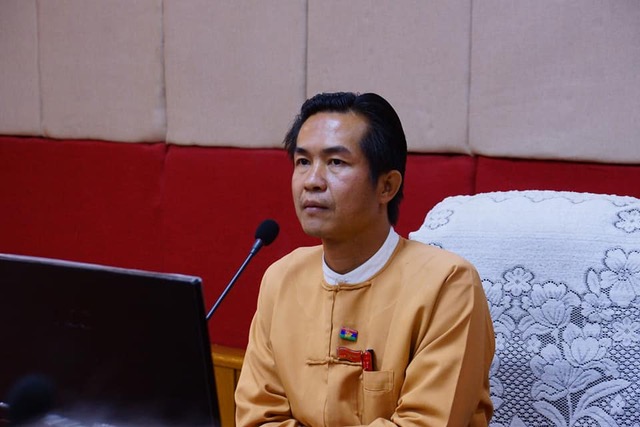
‘Being impeached is an election campaign,’ says Kayah chief minister
Thursday (Sep. 3)
The dismissed Kayah State chief minister, L Phaung Sho, of the NLD said the state parliament’s impeachment against him over a funding scandal is like an election campaign for him.
He was removed from his position on Thursday, two days after the state’s parliament voted to impeach him for misusing state funds. L Phaung Sho said the parliament acted partially and unfairly.
“This is a kind of campaigning for me,” he told the media following his dismissal. He said he will stand for the NLD for the state parliament in Mese Township. He won the seat in 2015.
The NLD said it was standing by the chief minister, saying the state’s speaker, who is also a party member, acted against L Phaung Sho out of a personal grudge as he was not selected by the NLD to run in the election.
The impeachment of the chief minister received widespread public support, demonstrating the ability of the parliament to control the executive.
In their own words:
“Thieves cannot represent us.”— Cardinal Charles Maung Bo in his appeal to voters on Sept.1.
SEO: Kayah State chief minister L Phaung Sho, National League for Democracy, 2008 Constitution, Cardinal Charles Maung Bo, Union Election Commission, November 8 general election, military in politics, Daw Aung San Suu Kyi, COVID-19, coronavirus
You may also like these stories:
Myanmar’s Ruling Party Vows to Reform Military in Election Manifesto
Myanmar Archbishop Urges Citizens to Go Vote
Nearly 7,000 Candidates Approved to Run in Myanmar’s November Election


